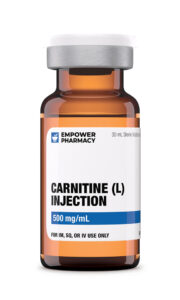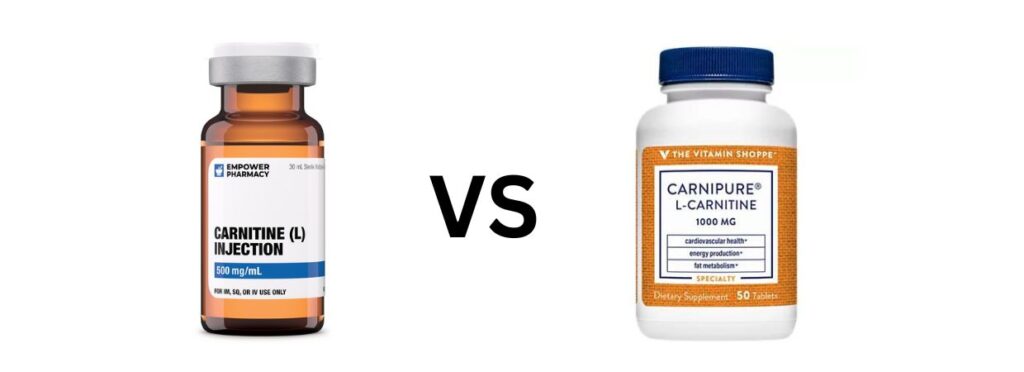Weight Wise Weight Loss Centers Now Offers Telehealth Across Maryland & Florida. Call Today!
-
2 Reservoir Circle, Suite #201
Pikesville, MD 21208
-
26 Office Park Dr
Palm Coast, FL 32137
Menu



